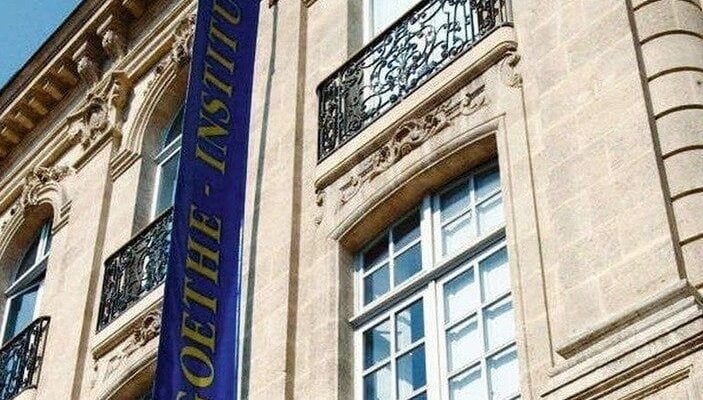Closures which arouse strong emotion… Berlin cited financial and geopolitical reasons on Friday to justify its decision to close several branches of the Goethe Cultural Institutes, including three sites in France in Lille and Bordeaux, as well as the liaison office in Strasbourg. The Goethe Institutes in Paris, Lyon (with a branch in Marseille) and Nancy are maintained, as well as a branch in Toulouse which no longer offers language courses.
A pillar of German cultural and linguistic diplomacy, the network must adapt “to the changing times,” said spokesperson Kathrin Deschauer. These are “necessary reforms”, taking into account “the evolution of geopolitical and financial conditions”, explained this spokesperson for the Ministry of Foreign Affairs during a press conference. Seven more of the global network’s 158 branches will cease operations, including sites in Turin, Genoa and Trieste, Italy, as well as Rotterdam (Netherlands) and Washington.
Strong protests in the regions concerned
The announcement of these closures provoked strong protests in the French regions concerned. It comes at a time when Franco-German relations are going through a difficult time, weighed down by several contentious political issues.
For Strasbourg, it is “a new blow to bilingualism, in defiance of the history of [la région de] Alsace, in contempt of the history of our two countries,” lamented Frédéric Bierry, President of the European Community of Alsace.
In Bordeaux, communities deplored the loss of an “irreplaceable” place which “embodies on the ground the principles of Franco-German friendship and the Elysée Treaty, the 60th anniversary of which we are celebrating this year”. A closure which “would have a very concrete impact on several current projects, such as the preparation of the 60th anniversary of the twinning between Bordeaux and Munich. » An online petition has been launched to oppose this closure.
The Goethe Institute in Lille, opened in 1957, was “the first in France”, recalled the metropolis of northern France. “It is a resource place for the Germans of Lille, as well as for all those who want to learn the language. For young Lille residents, many of whom do not have the chance to take advantage of mobility opportunities, it is an open door to Germany and Europe,” continues the community.
A “not very happy” signal recognizes the Elysée
The Lille town hall asks “the French government to challenge its German counterpart and defend the maintenance of the Institutes in France. » President Emmanuel Macron and Chancellor Olaf Scholz as well as ministers from the two countries will meet Monday and Tuesday in Hamburg for two working days. The signal sent “is not very happy at the time”, we admitted at the Elysée.
In France and Germany, the number of students learning their neighbor’s language continues to decline.

